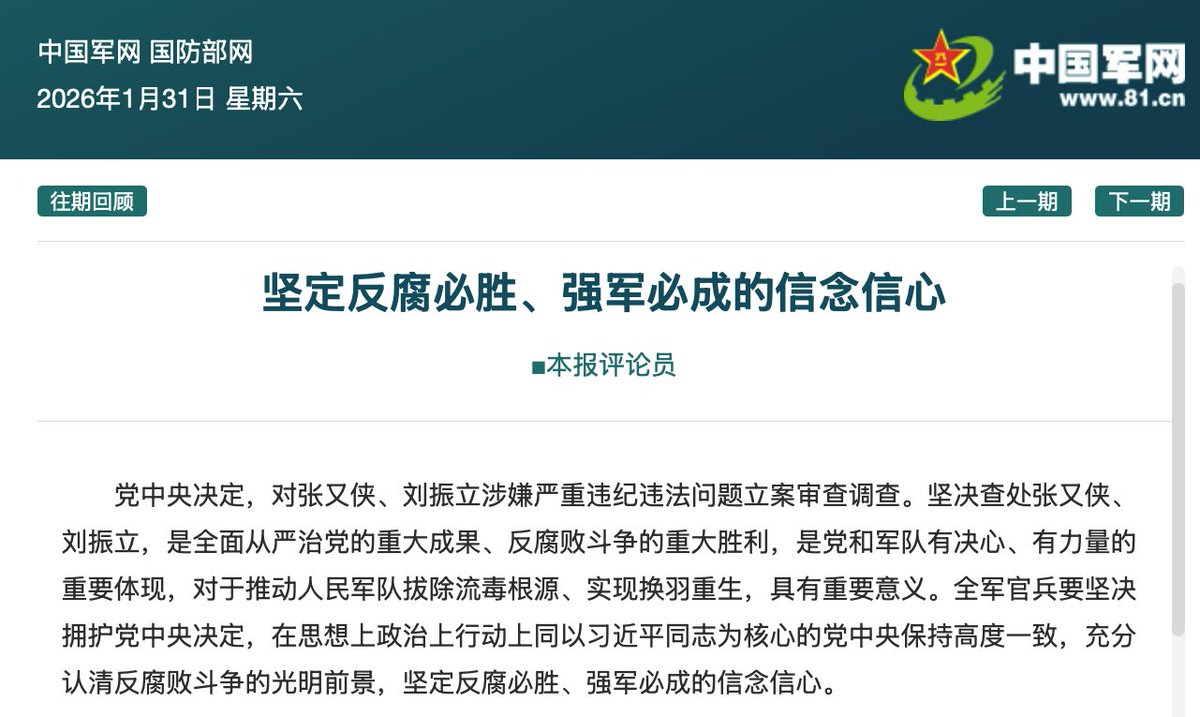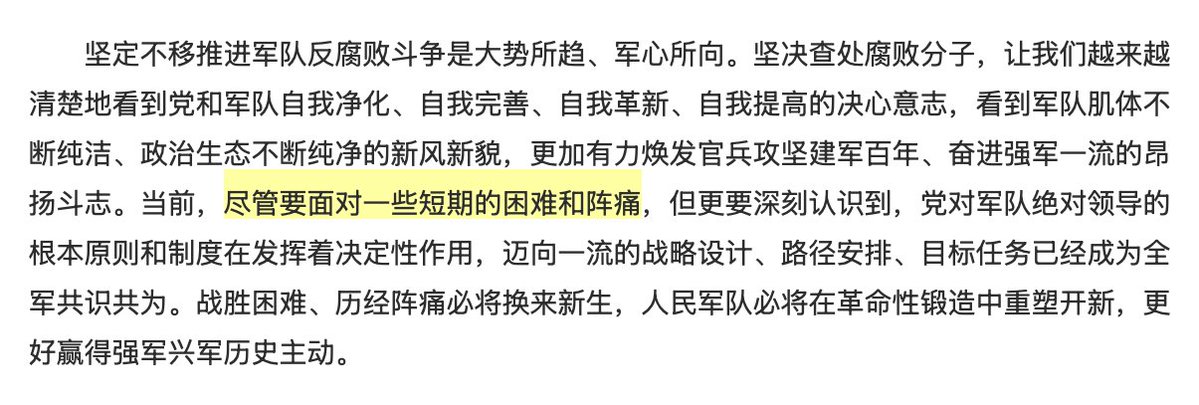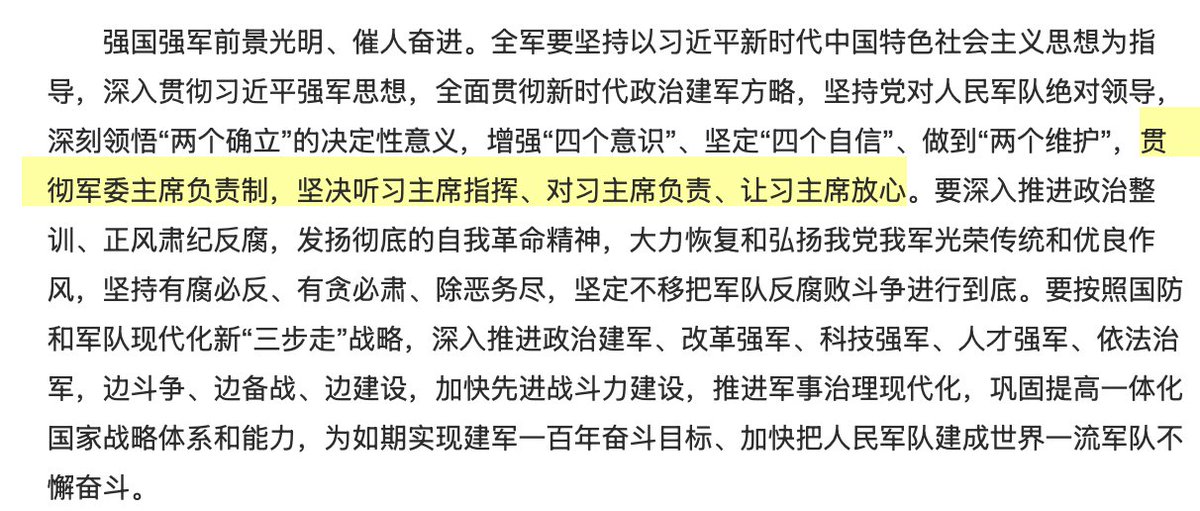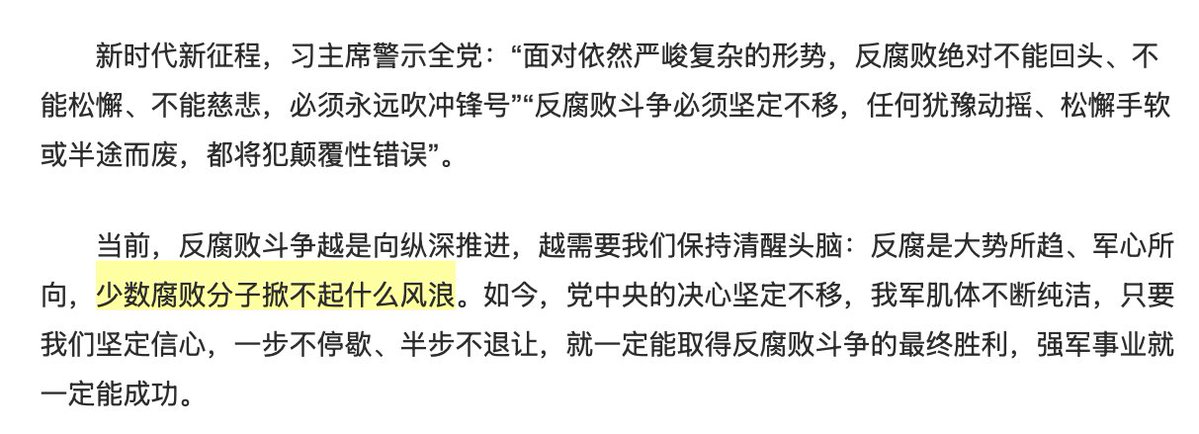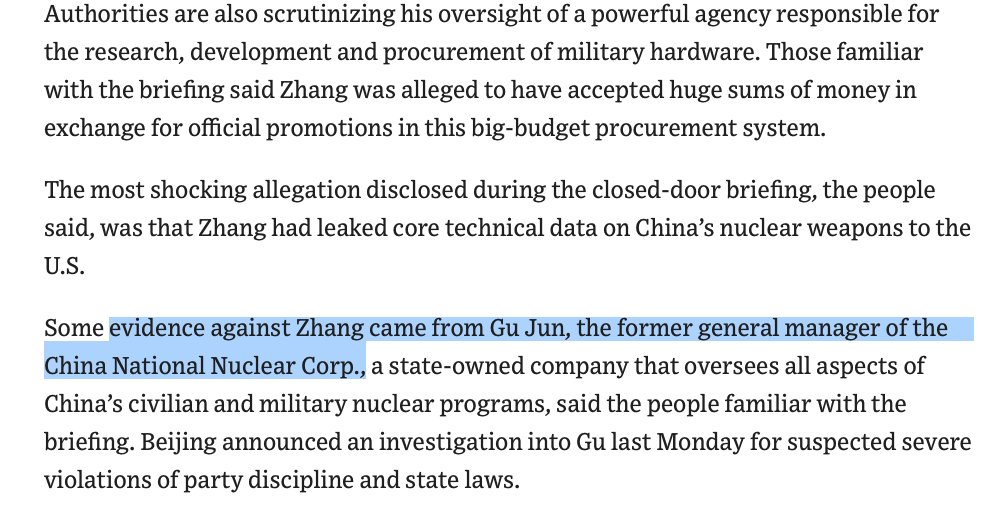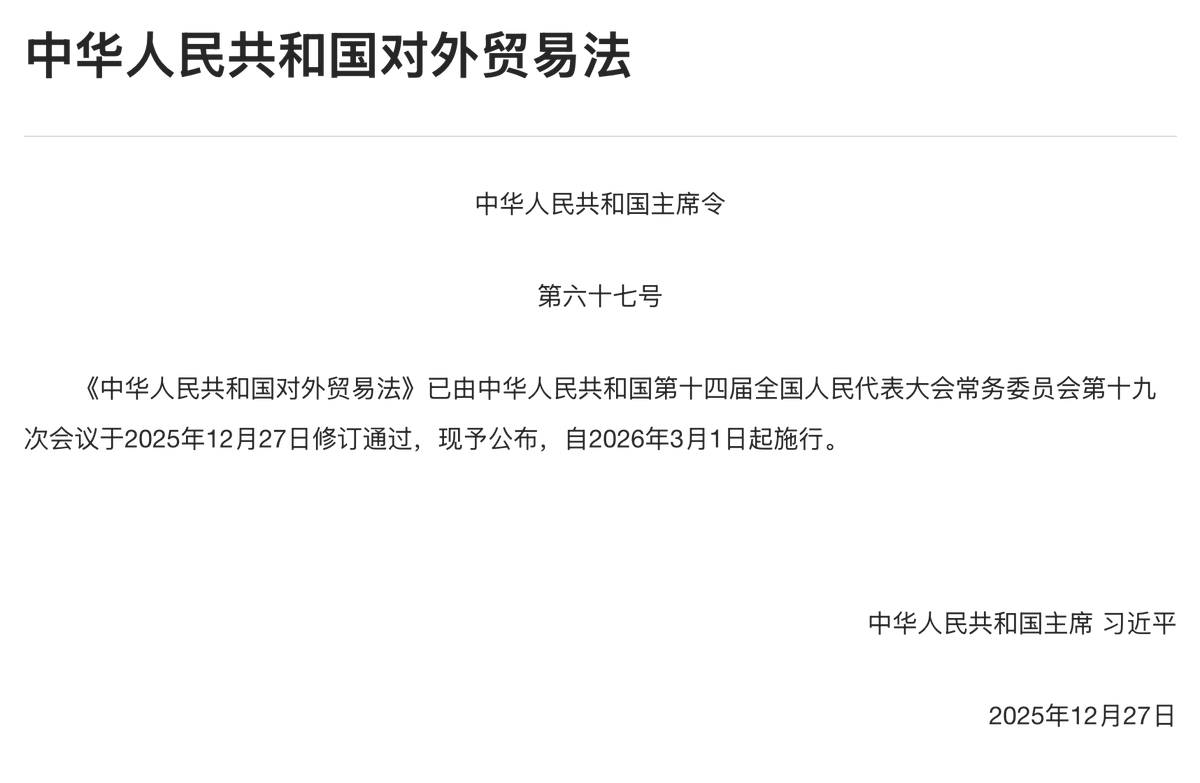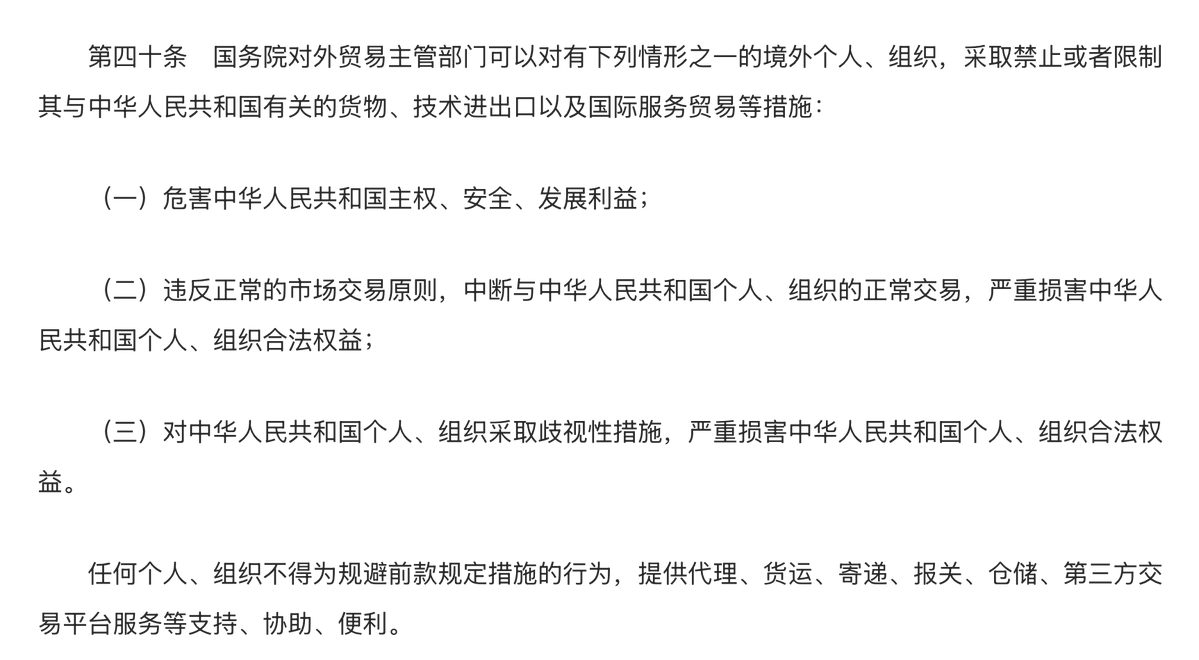Interesting article in QS where Xi explains reasons behind the "common prosperity" drive:
1. Taking the promotion of common prosperity for all people as the focus of seeking happiness for the people, and constantly consolidating the foundation of the party’s long-term governance;
1. Taking the promotion of common prosperity for all people as the focus of seeking happiness for the people, and constantly consolidating the foundation of the party’s long-term governance;

2. High-quality development requires high-quality workers. Only by promoting common prosperity, increasing the income of urban and rural residents, and enhancing human capital, can we increase total factor productivity and consolidate the foundation for high-quality development. 

3. The problem of global income inequality is prominent. Some countries are divided between the rich and the poor, ...leading to social tearing, political polarization & populism. China must resolutely prevent polarization, & achieve social harmony & stability.
so how to achieve this? Xi laid down the following principles:
1. everyone has to take part in, avoiding "involution" and "laying flat".
1. everyone has to take part in, avoiding "involution" and "laying flat".

2. Adhere to the basic economic system. Public ownership is the mainstay & plays important role in promoting common prosperity, at the same time promote the healthy development of the non-public economy and the healthy growth of people from the non-public economy.
"healthy"...
"healthy"...

3. Don't try to raise your appetite & make promises that cannot be fulfilled. The government can't pay everything. Don't fall into the trap of "welfare states" and raise lazy people. 

& now some practical advice:
1. "Coordinated development of finance and real estate with the real economy". So the days of big profits for big banks and developers are over?
1. "Coordinated development of finance and real estate with the real economy". So the days of big profits for big banks and developers are over?

2. "Attract more high-quality talents to join the team of skilled workers". Good news for college graduates! 

3. "Adhere to the positioning that the house is used for living, not for speculation, rent and purchase at the same time, implement policies in accordance with the city, and improve the long-term rental policy".
More bad news for the developers?
More bad news for the developers?

4. "Strengthen the regulation and adjustment of high income".
How? income tax, capital tax, property tax, consumption tax.
How? income tax, capital tax, property tax, consumption tax.

So what exactly constitutes "excessively high income"? I tweeted this 2 months ago:
https://twitter.com/henrysgao/status/1428244823102738440
& this part is so loaded:
"We have a complete solution to the problem of poverty, but we still need to explore and accumulate experience on how to get rich. It is necessary to protect property rights and intellectual property rights, and protect legal wealth".
"We have a complete solution to the problem of poverty, but we still need to explore and accumulate experience on how to get rich. It is necessary to protect property rights and intellectual property rights, and protect legal wealth".

"We must resolutely oppose the disorderly expansion of capital, draw a negative list for access to sensitive areas, strengthen anti-monopoly supervision. At the same time, we must mobilize enthusiasm of entrepreneurs to promote the healthy development of various types of capital"
5. "Promote the common prosperity of the people's spiritual life", in line with the drive for “online civilization" that I discussed in @china_neican earlier this month.
neican.org/p/civilizing-c…
neican.org/p/civilizing-c…

6. "Accelerate the industrialization of agriculture" and "revitalize rural assets", which is coded language for lifting the restrictions on sale of rural land. 

• • •
Missing some Tweet in this thread? You can try to
force a refresh



